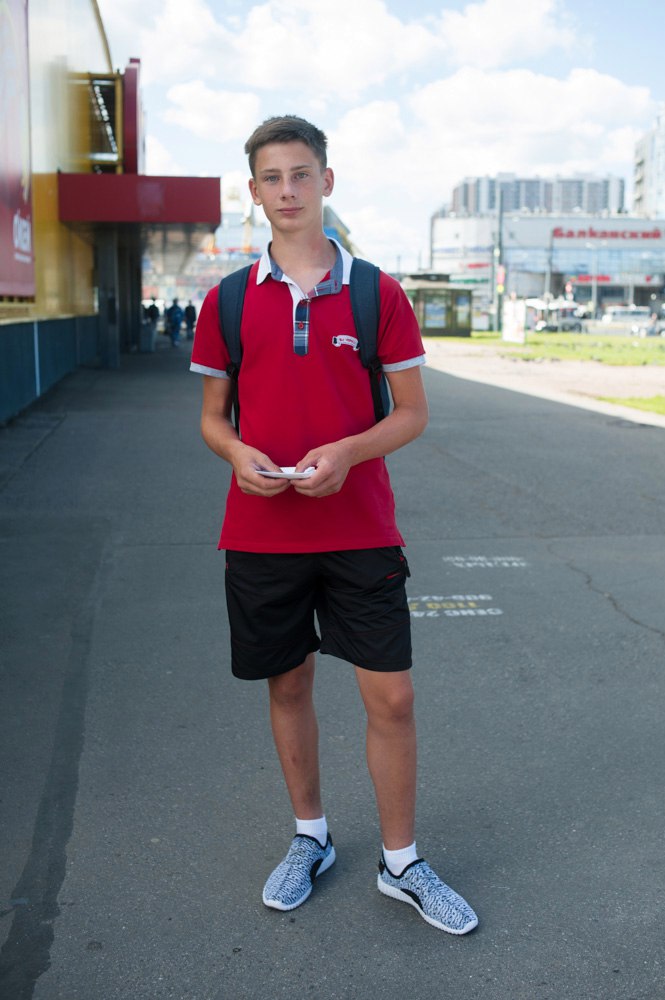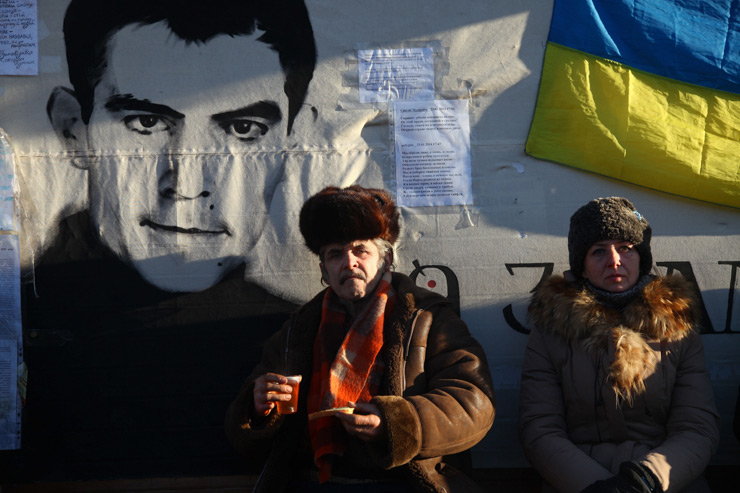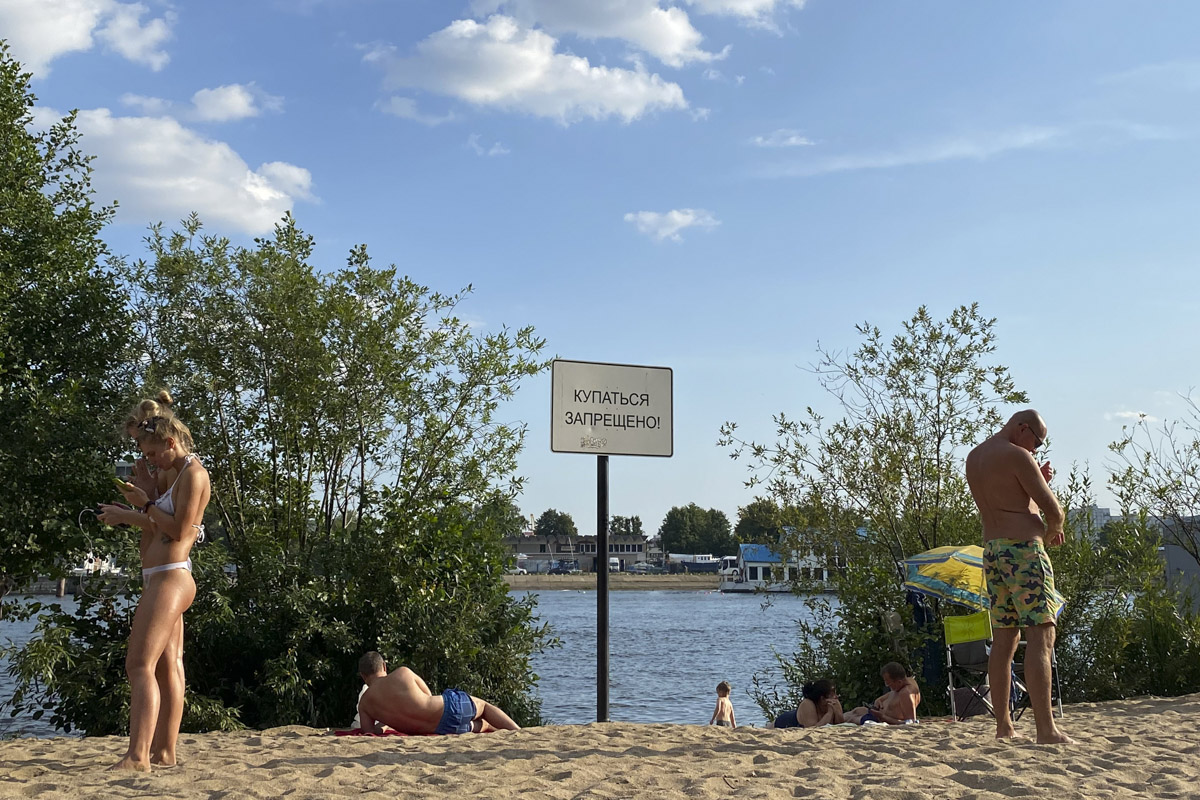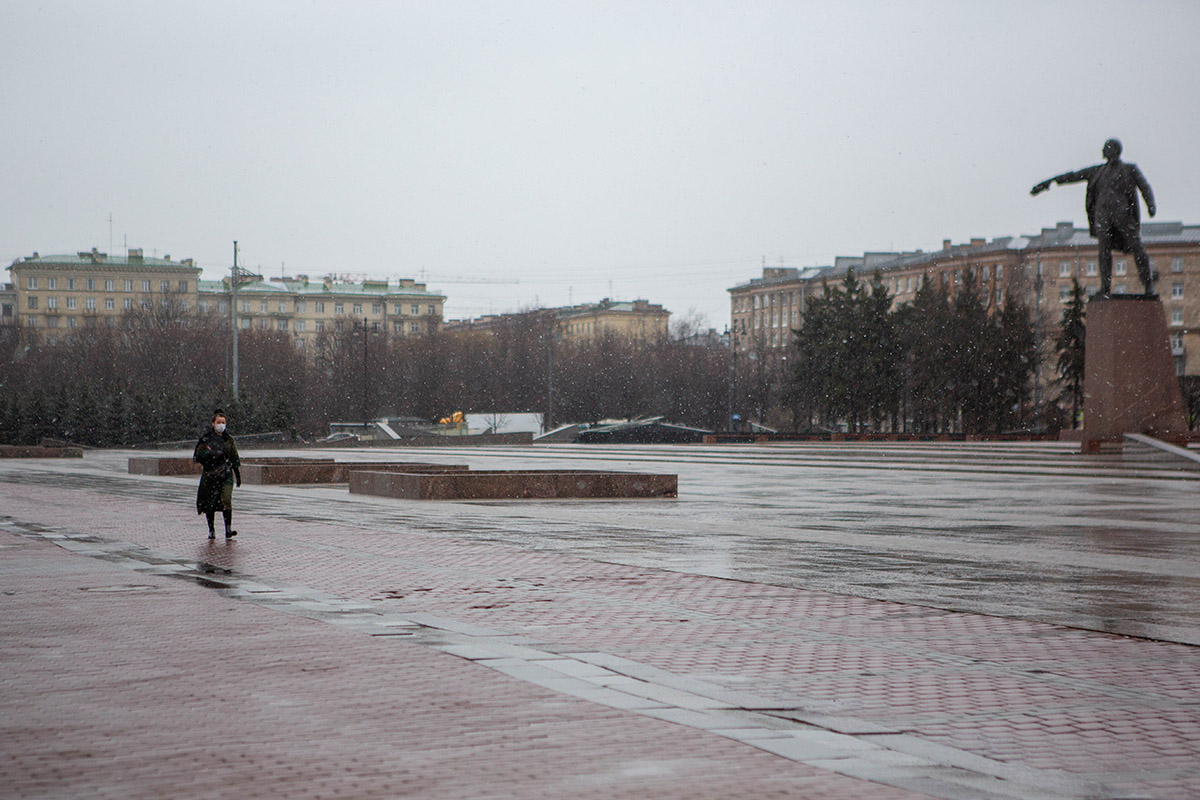En
Physically challenged as a handicap for real estate developers
 Russia’s acceptance to the WTO forces the government to follow the norms of the Convention on the rights of persons with disabilities but yet there is a little space where disabled people could feel comfortable even in big cities not to mention the smaller ones.
Last week experts gathered in Moscow to discuss the recent ratification of the Convention made by the Russian Parliament. The Convention has been ratified last year but a few real changes to the better have been made.
Igor Voznesensky, a merited builder of Russia, Russian architecture association’s vice-president and a member of the National association of project engineers believes that Russian laws contradict the today’s reality. Not all requisitions for safe urban environment for the disabled are listed in the Russia’s Construction Code. The other experts support his thoughts.
Following the results of the discussion the final resolution has been made. It proposes to carry out a bill stating the minimal number of employees in architecture bureaus that must have proper education on the subject of “The universal design: creating the environment with no barriers”.
Meanwhile Russia’s membership in the WTO means that following the international rules has become mandatory for the country. At the same time the architects acknowledge the fact that their community considers the norms regarding comfortable environment for the disabled a burden comparing it to the Soviet times when, for example, before buying a tasty Krakov kielbasa the buyer had to purchase some melted cheese. That’s why some new buildings have weird ramps which can be used only by experienced skiers.
The norms adopted lately, including the norms passed by the National Construction Association (e.g. construction norm #59.13330) are full of “strange things”. For instance, the width of a doorway after all the works in an apartment must be at least 0.8 meters wide, which is, of course, very tight for the disabled.
According to the National charity fund “The city with no barriers” nowadays more than 10 per cent of Russian nationals (every tenth citizen) are physically challenged people. But let’s put aside the moral side of the question and get a closer look at the economics.
Nowadays all housing is sold regardless its quality, geographic position or legal problems a purchaser might have in the future. A developer is concerned only about maximizing his profit. Business is business though. However, from the other side, people don’t want to live in the unfriendly and uncomfortable environment. Sooner or later they move to more decent areas and the developers lose their profits.
Thus, the new “tall-buildings-belt” around St. Petersburg where the massive quantity of cheap and tall housing has been built in the outskirts of the city makes the residents and the experts feel concerned about the future of such suburbs. In such conditions the level of social unrest will most likely increase while the developers’ risks are also at rise. By the way the developers are the investors themselves.
Until the developers understand that they actually are members of the society and they have to care about its well-being their businesses will be inconsistent. Public interest must be taken into consideration at all times. One of such interests is that the society needs decent and affordable urban environment for all citizens with no exceptions.
By Vladislav Alybin
Translated by Daniil Suprunchuk
Russia’s acceptance to the WTO forces the government to follow the norms of the Convention on the rights of persons with disabilities but yet there is a little space where disabled people could feel comfortable even in big cities not to mention the smaller ones.
Last week experts gathered in Moscow to discuss the recent ratification of the Convention made by the Russian Parliament. The Convention has been ratified last year but a few real changes to the better have been made.
Igor Voznesensky, a merited builder of Russia, Russian architecture association’s vice-president and a member of the National association of project engineers believes that Russian laws contradict the today’s reality. Not all requisitions for safe urban environment for the disabled are listed in the Russia’s Construction Code. The other experts support his thoughts.
Following the results of the discussion the final resolution has been made. It proposes to carry out a bill stating the minimal number of employees in architecture bureaus that must have proper education on the subject of “The universal design: creating the environment with no barriers”.
Meanwhile Russia’s membership in the WTO means that following the international rules has become mandatory for the country. At the same time the architects acknowledge the fact that their community considers the norms regarding comfortable environment for the disabled a burden comparing it to the Soviet times when, for example, before buying a tasty Krakov kielbasa the buyer had to purchase some melted cheese. That’s why some new buildings have weird ramps which can be used only by experienced skiers.
The norms adopted lately, including the norms passed by the National Construction Association (e.g. construction norm #59.13330) are full of “strange things”. For instance, the width of a doorway after all the works in an apartment must be at least 0.8 meters wide, which is, of course, very tight for the disabled.
According to the National charity fund “The city with no barriers” nowadays more than 10 per cent of Russian nationals (every tenth citizen) are physically challenged people. But let’s put aside the moral side of the question and get a closer look at the economics.
Nowadays all housing is sold regardless its quality, geographic position or legal problems a purchaser might have in the future. A developer is concerned only about maximizing his profit. Business is business though. However, from the other side, people don’t want to live in the unfriendly and uncomfortable environment. Sooner or later they move to more decent areas and the developers lose their profits.
Thus, the new “tall-buildings-belt” around St. Petersburg where the massive quantity of cheap and tall housing has been built in the outskirts of the city makes the residents and the experts feel concerned about the future of such suburbs. In such conditions the level of social unrest will most likely increase while the developers’ risks are also at rise. By the way the developers are the investors themselves.
Until the developers understand that they actually are members of the society and they have to care about its well-being their businesses will be inconsistent. Public interest must be taken into consideration at all times. One of such interests is that the society needs decent and affordable urban environment for all citizens with no exceptions.
By Vladislav Alybin
Translated by Daniil Suprunchuk
 Человек города: Даниил, школьник, 14 лет
Нужна ли в интернете цензура?
Человек города: Даниил, школьник, 14 лет
Нужна ли в интернете цензура?



 Сообщи о важном
Сообщи о важном

